Student Blog
What are OS/OT?
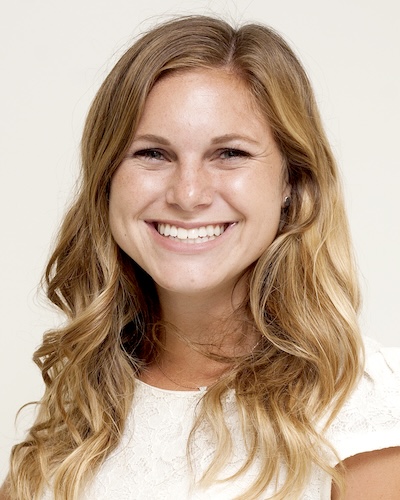
OT Generalist! ⟩
February 28, 2018, by Ali
Admissions What are OS/OT?
Hello! The other student ambassadors and I have been receiving a lot of questions about “concentrating” or “specializing” in certain setting within the field of occupational therapy. The wonderful part of graduate coursework to becoming an occupational therapist is that you gain knowledge and skills to treat every population. You will graduate from the program as a “generalist,” which means you know a little bit of everything. Throughout the program students are able to explore three separate settings through their level I fieldworks in pediatrics, mental health, and adult rehabilitation. Then students will choose two of these settings to be placed in for their level two fieldworks.
If you take a look at the course sequence and the course descriptions you can see that the Entry Level Master’s program exposes you to various setting and provides you with a strong base for your first job!
One way the USC Chan Division of Occupational Science and Occupational Therapy is special is the ability to choose electives your final semester of coursework. Although all students from our program will graduate “generalists” this freedom to choose classes that allow you to delve into certain areas, populations, or skills gives us the chance to specialize and learn more about topics we have a particular interest in! See Caroline’s post to learn more about what this final semester could look like!
⋯
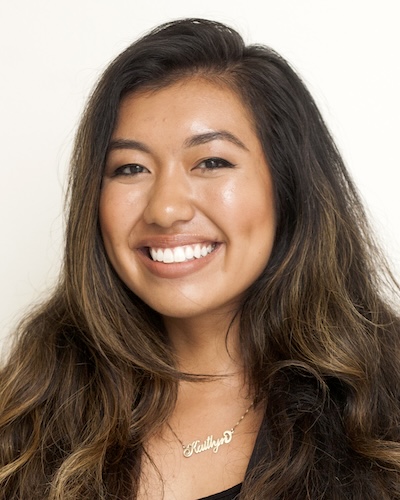
OT in Oncology ⟩
February 15, 2018, by Kaitlyn
Getting Involved What are OS/OT?
I have met a lot of amazing and inspiring people during my journey to becoming an occupational therapist. While I try to preach equality as much as I can, there is still one patient that remains one of my favorites to this day. In my freshman year of college, I volunteered at USC Norris Comprehensive Cancer Center, where I met the woman who would spark my road to health care.
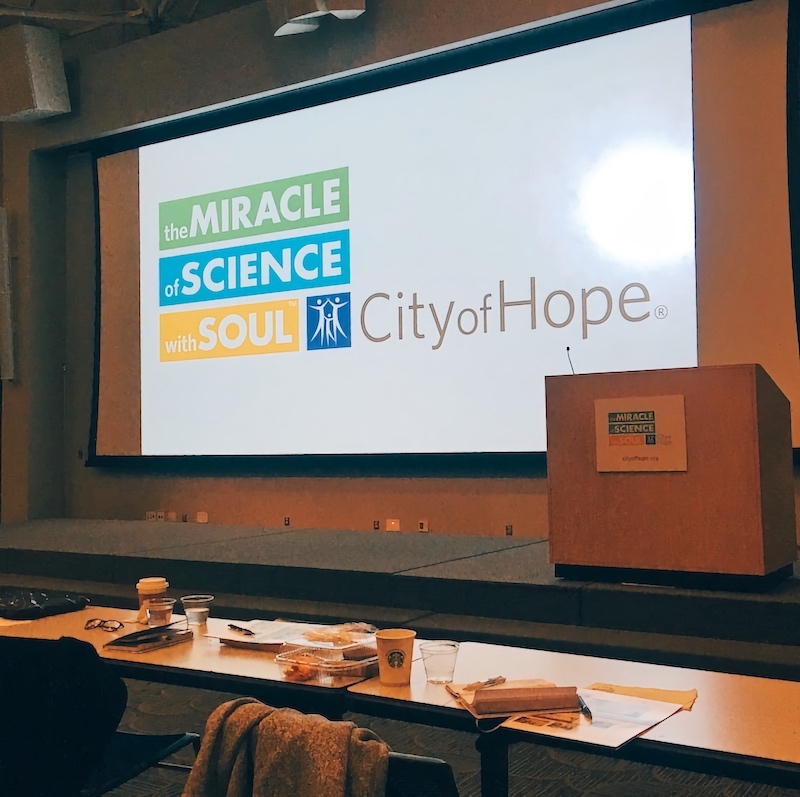
Without going into too much detail, she was the kind of woman who wore lipstick everyday even though symptoms and side effects of her diagnosis and treatment yielded a thinning (and nearly disappearance) of her lips. She told me countless stories about her life in her twenties and early thirties — all of places she had lived, all of the countries she had traveled to, and all of the men she had to date before she found her husband (this is my mini plug to say happy belated Valentine’s day!). She was such a light in my life at the time (and still is, to be quite honest) and my interactions with her and all of the other patients in that hospital are what solidified that working with patients in healthcare is what I wanted to do for the rest of my life.
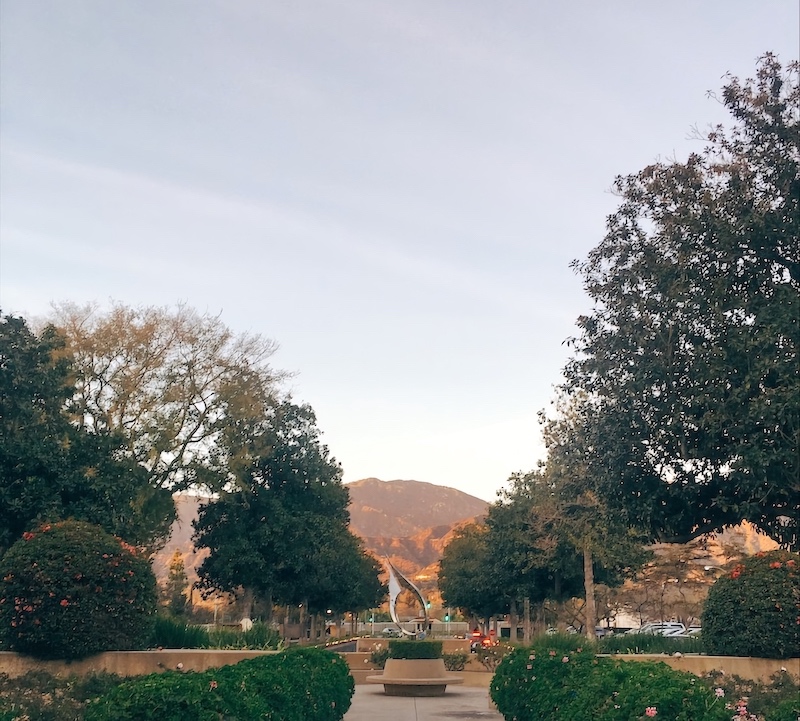
Golden hour outside City of Hope.
That was nearly 7 years ago (wow, how time seriously and flies!), and since then, oncology has always held a special place in my heart. As I continued OT school, I was so happy to discover that OT does play a role in cancer care as well. With that being said, a few weekends ago I attended the ‘OT in Oncology Symposium’ hosted by OTAC and City of Hope. This is the first time they’ve held an event like this on this topic, so I knew that I could not pass up the opportunity.
At this event I learned about a multi-pronged approach to cancer-related fatigue, pediatric oncologic OT in acute care, a comprehensive approach to address cancer-related cognitive impairments, evaluation and treatment of of chemotherapy-induced peripheral neuropathy, psychosocial interventions across the continuum of cancer care, and even how to manage cancer as a chronic condition using a Lifestyle Redesign® approach (lectured by our very own, Dr. Camille Dieterle).
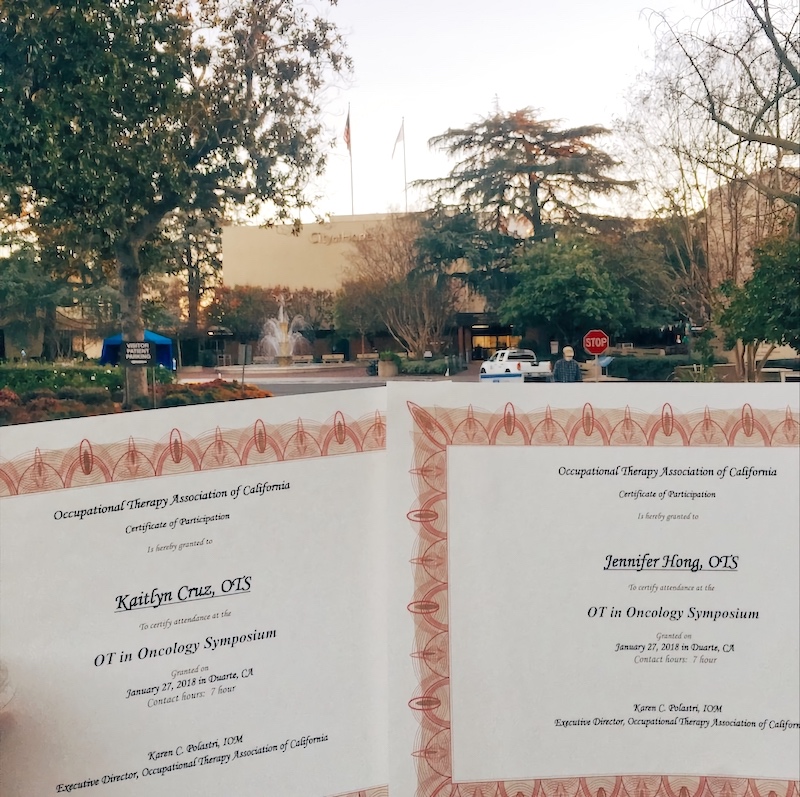
Symposiums are always fun with a friend! I went with Jen, a friend of mine who is also in the program.
Within these topics, I learned about how fatigue, as a result from cancer, can negatively affect cognition in patients’ everyday lives and how we, for example, can educate the client on how to take proper rest breaks throughout the day. I also learned about the importance of facilitating normalcy and encouraging toddlers with cancer to participate in play in order to yield a sense of autonomy and self, even in a setting like a children’s hospital. In addition, I learned different exercises (i.e., median nerve glides, overhead elbow active range of motion stretches, etc.) to incorporate into treatment sessions with patients to help reduce edema (swelling) and increase tissue circulation in the body. I learned a lot more but if I kept on going this blog post would be way too long!
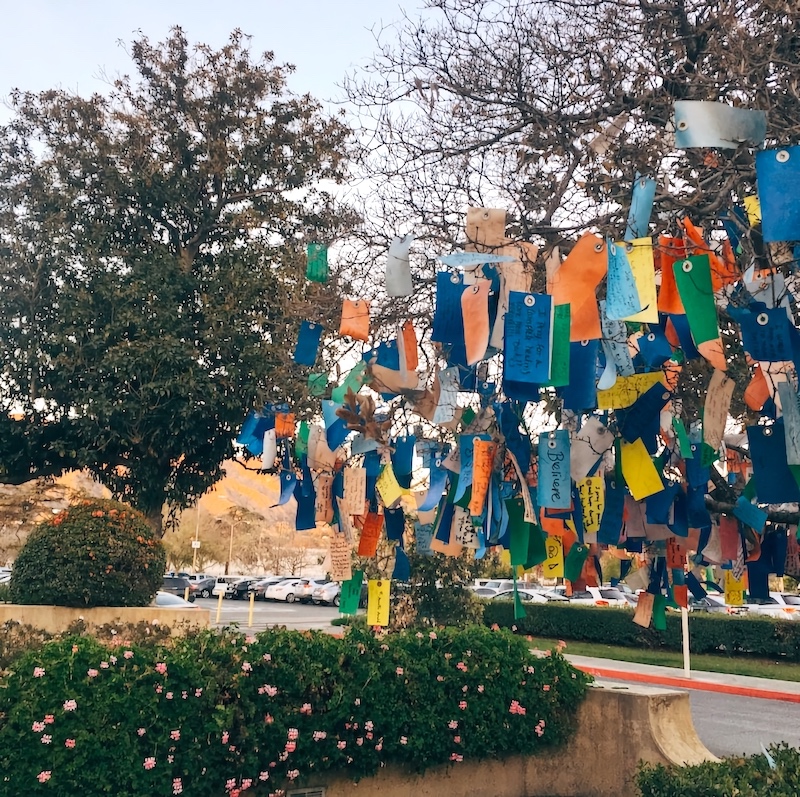
Outside City of Hope, there are trees you can attach written notes on. A lot of the notes had messages of hopes, wishes, and desires for loved ones.
One of the biggest takeaways I learned from this symposium is that in oncology care (and in any area, really), an extremely essential role for OTs is to present and instill hope in our patients. Yes, as OTs we assess and work on patients’ instrumental activities of daily living (IADLs), activities of daily living (ADLs), and range of motion (ROM), but an even more important role is that we aim to make our patients feel understood and really look at what roles are most impacted during this time in their lives. A role can be that of a mother who wants to be able to pick up her child, or it can even just be that of a woman who wants to be able to put lipstick on every day.
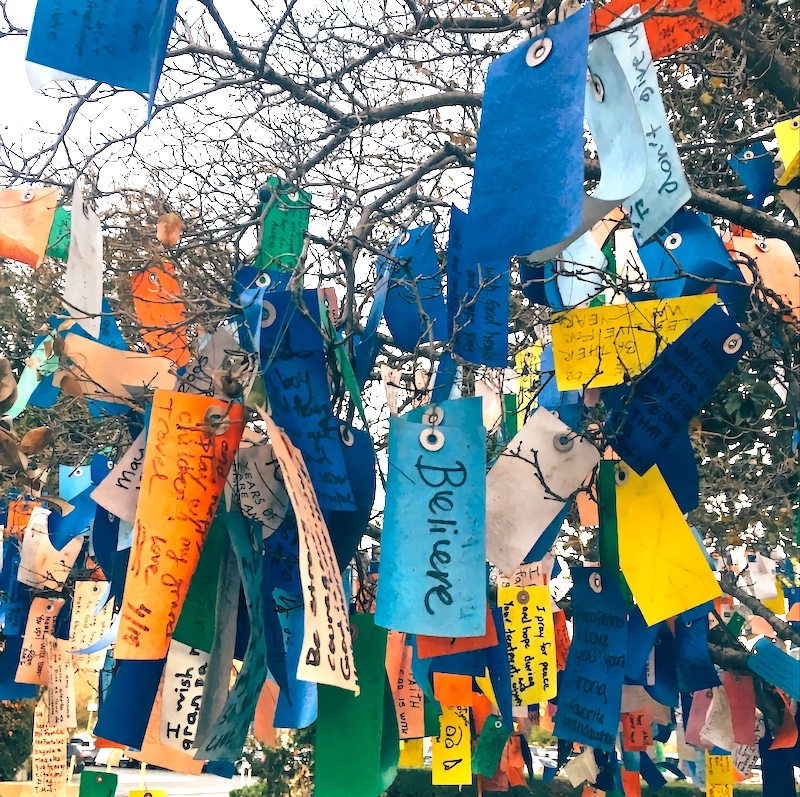
⋯
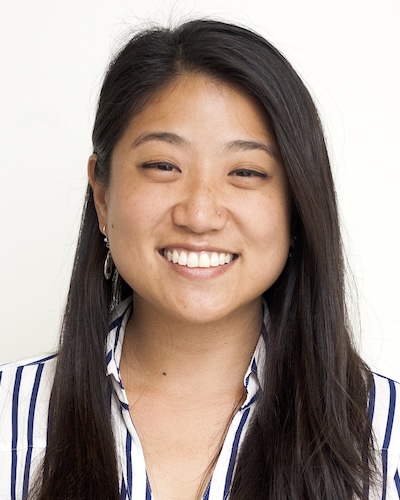
Sunday Brunch with My Mentor ⟩
February 14, 2018, by Erika
What are OS/OT?
I know, I know, I sound like a broken record but I’m saying it again. The Division makes it a point to ensure that all students feel supported. One of the best ways they make this happen is through opportunities to form relationships with faculty. One the best ways they facilitate THAT is through the faculty mentor/student mentee program.
Every semester, all first and second year students are matched with faculty mentors. Typically, you are matched with your mentor according to the practice area you are interested in pursuing. As with many students, that can change with each semester so really, you’re given a great opportunity to have a mentor to reach out to as your interests shift. These practice areas can vary from your traditional adult rehab and pediatrics and mental health tracks to other non-traditional practice areas like academia, geriatrics, and research. It’s a great opportunity that the Division sets up to ensure that each student has direct access to a leader in OT that can provide guidance and support on whatever interest they may be pursuing.
This semester, I was paired with Dr. Don Gordon. He is an assistant professor of clinical OT in the Division and works in the inpatient unit at USC’s Keck Medical Center. He has also received his PhD in Occupational Science so as you can imagine, he has had a wealth of knowledge across the board — in clinical practice, academia, and research!
This past Sunday, he invited all his mentees to a brunch at his house! There were about 5 of us students that showed up and it was a really lovely experience. His wife Claire prepared the fluffiest pancakes any of us had ever tasted. We finally got to meet his son, Luke, who Dr. Gordon speaks so highly of during lectures. Unfortunately, his daughter Kyla was at a sleep over so we missed her but with all the stories Dr. Gordon and Claire shared about their kids, it was like she was there in spirit!
Brunch was really special. It was as informal as it was personal. It was one of those moments that felt like it lasted at most an hour but was actually 3 hours by the time we left! Time just flew. We discussed topics from our shared enjoyment of hiking and questions about what we’ve been learning in class to more philosophical conversations of whether motivational interviewing can be effective outside of therapeutic relationships. Whatever we wanted to discuss was able to be put on the table . . . next to the never ending stack of yummy pancakes.
I feel really lucky to have a mentor that has shown such dedication to forming a relationship and creating experiences with his students and I’m pretty sure I’m not alone in that sentiment. I hear there’s a hiking trip invitation coming our way soon from DG and I’m pretty stoked!
⋯
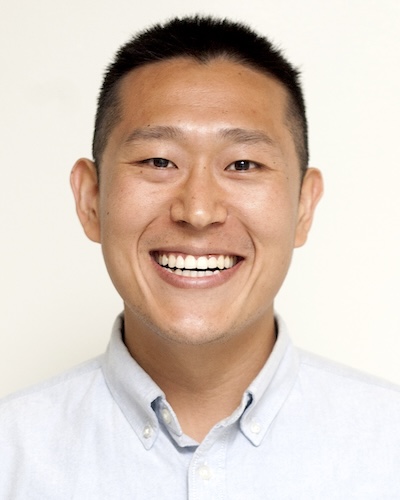
Shadow, Chance, Sassy ⟩
February 13, 2018, by Bryan
Life Hacks What are OS/OT?
One of my favorite movies growing up was Homeward Bound (I think it is on Netflix). In the movie the owner of three household pets, two dogs and one cat, gets married and begins a new job in San Francisco, CA. As the owner relocates, he leaves his three companions on a ranch with extended family to take care of them. Drama unfolds, however, as Chance, a disobedient American Bulldog, begins to entertain the idea that they have been collectively abandoned to reside on this ranch till dog heaven. As the film progresses, both Shadow, the older and wiser Golden Retriever (I also named my first dog shadow!), and Sassy, a Himalayan cat, also begin to grow worrisome regarding the status of their owners.
From there, the three animals go on a rollercoaster journey, venturing into the thick of the Sierra Nevadas, following their instincts in a search for “home.” They encounter waterfalls, grizzly bears, porcupines, even incurring a few injuries along the way. Throughout it all, they they learn to band together through obstacles, trying to find their family.
Throughout this week, I have been thinking about Homeward Bound, dogs, and what gives a place meaning. I guess from an early age the idea of “home” fascinated me (as well as the love for dogs). Within our fast-paced culture driven by career changes from company to company, shifting communities, and wanderlust travels, I feel like home could easily get lost in experiences.
For one of our readings in OT 545: Advanced Seminar in Occupational Science, we read an article written by Ruth Zemke, one of our leaders in occupational science, who called for occupational therapists to consider what transforms a “space” into a “place” (Zemke, 2004). Zemke illuminates the distinction between a space and the unique meaning required to reinvision it into a place.
What are the important places in my life? What are the meaningful places in my patients’ lives? What makes a house a home?
As I sprint into halfway through my final semester of the entry-level master’s program here in the Chan Division, I am learning to reap the fruits of our curriculum emphasizing not only the clinical knowledge and therapeutic intervention as part of our patients’ recovery, but also the mindfulness and reflective thinking to understand them throughout that process. We as occupational therapists are gifted an opportune season in a person’s life in which life roles, physical abilities, and considerations of meaningful occupations might be transitioning, oftentimes starkly. Within these unstable moments, our reflections on an often ephemeral view of home might be the very incitation for us to take that next step forward. Maybe our therapy gyms or even hospital rooms can feel like much more than just space.

Shadow as a puppy
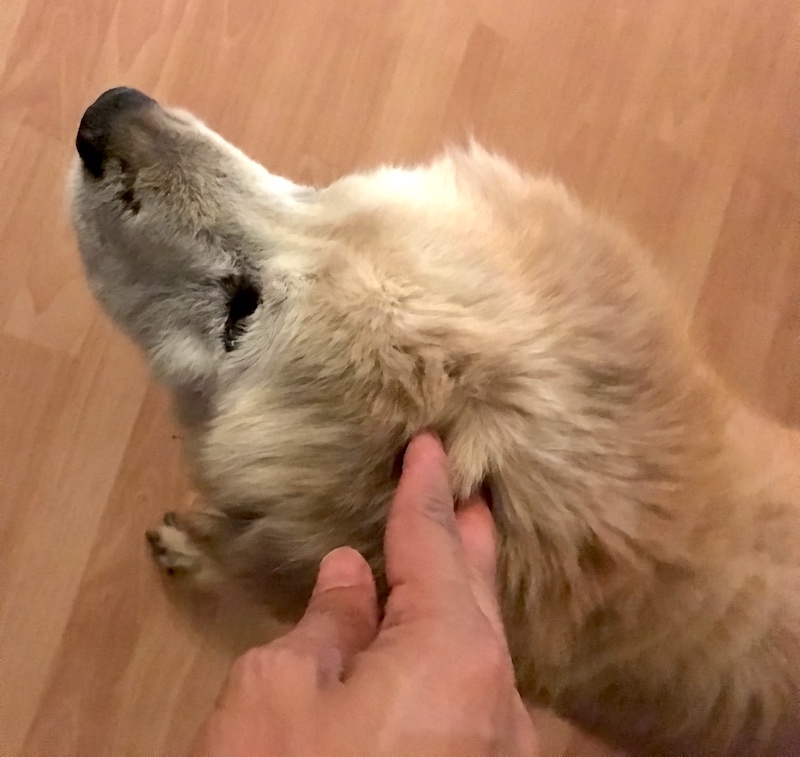
Shadow as an adult
⋯

No, I Don’t Find People Jobs: My OT Elevator Speech ⟩
January 29, 2018, by Kaitlyn
Life Hacks What are OS/OT?
If I had a dollar for every time someone asked me what occupational therapy is, I would have . . . well, a lot of dollars. If you’re pursuing OT or even an OT yourself, then you’ve probably come across the following misconceptions and/or questions about the profession, such as, “Occupational therapy is like physical therapy, right?,” or, “Do you help people find jobs?”
For some, it may be exhausting to describe what OT is over and over again. For me, I’ve learned to think of it as a great opportunity to advocate for the profession and tell people about the amazing value of OT! I’ve been in countless situations — other than my job — whether it’s at the dinner table, at social events/parties, or just out and about in the real world where I’ve busted out my OT “elevator speech.” Rome wasn’t built in a day, so we can’t expect everyone to know exactly what OT is overnight either. 😊
Here is the general breakdown and framework of my ever-evolving OT spiel that can hopefully help guide you in some way shape or form:
The “occupation” part of “occupational therapy,” is defined as any meaningful activity that comprises a person’s everyday life. For some people, their meaningful activity in life can mean their career, but for others, it can be socializing with their friends, brushing their teeth, brushing their hair, cooking, engaging in arts and crafts at school, and so on.
Here, I define ‘occupation’ first. I feel like once people understand our meaning of ‘occupation,’ it is a much easier concept to grasp.
Therefore, OT is a health profession that empowers and enables individuals of all ages to engage in these occupations to the best of their abilities despite any injury, disease, or disability.
Here, I define occupational therapy.
How we do this depends on where we work. For example, those working at a school may work with children on their fine motor skills (e.g., using scissors to cut) so that they can participate in arts in crafts in the classroom. Those working in a hospital may work with those who have suffered a stroke to work on activities of daily living (e.g., brushing teeth). *This list could go on and on . . .
At this point, I’ll list examples of different places OT can work and what they do in those settings. Part of the reason why OT is so hard to grasp is because we can be found anywhere and everywhere!
To try and solidify everything I’ve said, I’ll either talk about my personal experiences or somehow make the connection to something that will make sense to the person or people I am talking to. If I’m talking about a personal experience, I’ll tend to talk about OT’s role in animal-assisted therapy and my involvement with Assistance Dogs of Hawaii as a clinical rotation. Another connection I frequently make is related to the Marvel movie, “Doctor Strange,” which works well with the kids/male population/anyone who likes Marvel movies but knows nothing about health care. In summary, Dr. Strange, a neurosurgeon, gets into a car accident in which he injures both of his hands. In the movie, he sees a hand therapist (most likely an OT), who helps rehabilitate his hand so that he can get back to his meaningful occupation of performing surgery (and being a superhero later on, obviously).
Defining OT is all about practice, catering to your audience, and having a positive attitude about it! There is no right or wrong way to talk about a career you love.
⋯





